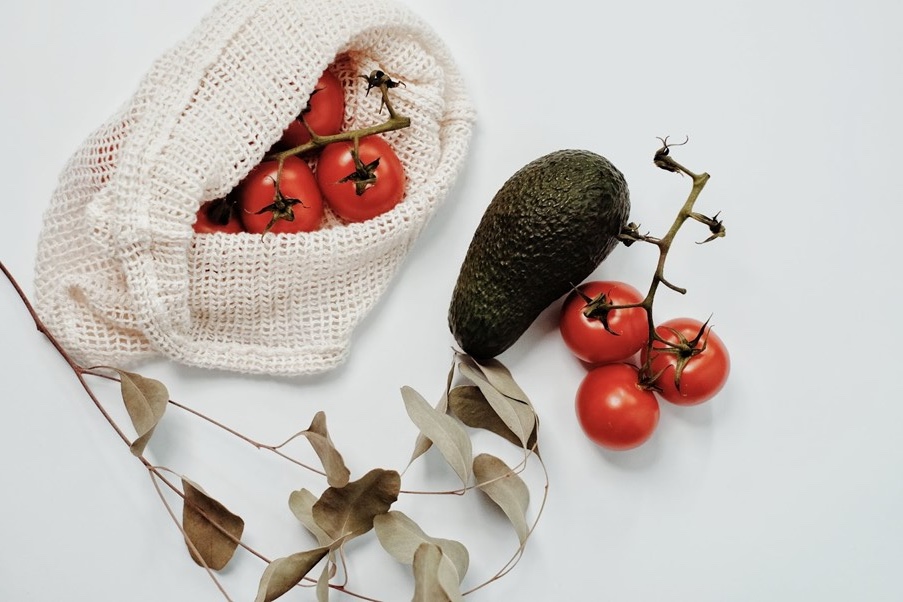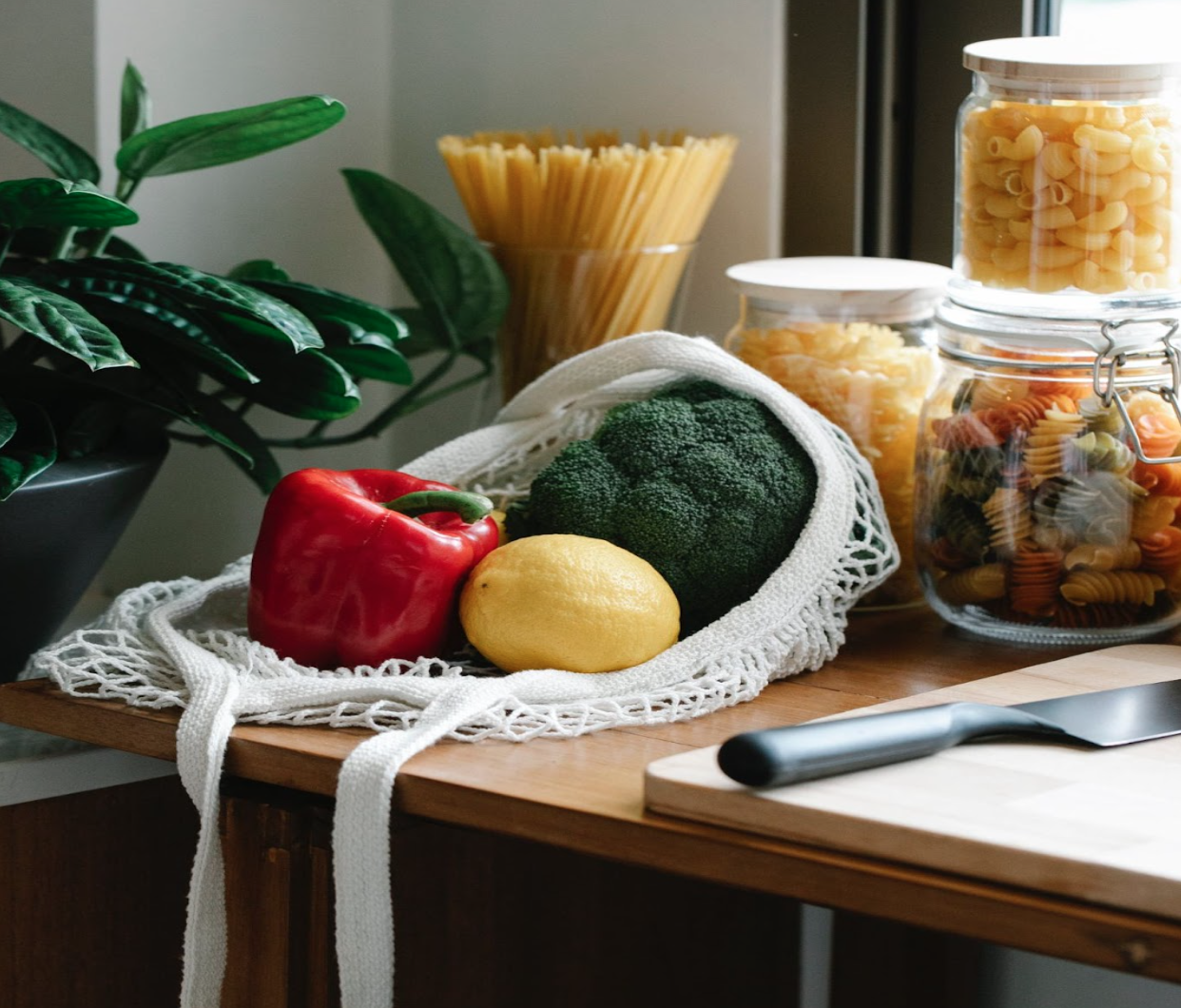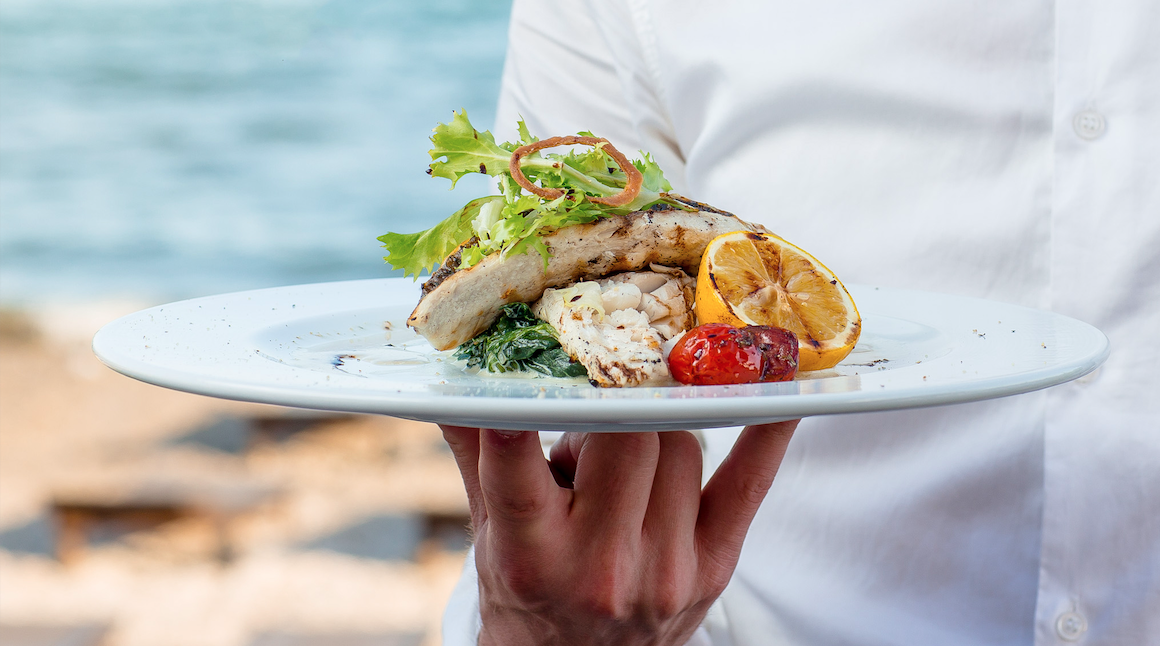Working as a Chef onboard a superyacht is a crucial role that involves meeting the needs and demands of the yacht owners and clients. Nowadays, sustainability is a continuously growing trend within the superyacht industry, and more superyacht owners and charter clients are expressing the need for sustainable experiences onboard superyachts. This also extends to sustainable dining. Below are 10 tips that can help you become more sustainable.
1. Use Preference sheets
Creating a preference sheet for guests and owners of superyachts not only aids in providing a more satisfying and personalised dining experience but also contributes to sustainability. Utilising the preference sheet will narrow down the grocery list and reduce food waste.
2. Meal planning
Being a Chef on a superyacht can sometimes require working in a busy environment. With the owners’ and guests’ preferences, Chefs can make planning easier and faster. Planning will reduce meal preparation time and food waste.

3. Creative repurposing of leftovers
When served, leftovers served onboard in their original form are likely to remain leftovers. Turning leftovers into a new dish minimises the waste of food and increases sustainability. An example of this is turning bruised fruit into smoothies.
4. Compost and recycle
Compositing is another great way to become more sustainable. Nowadays, food waste can be stored and turned into grey water, which can be safely disposed of in the sewage system. Recycling by separating waste from preparing meals into separate containers is sustainable and it reduces the smell, and attraction of insects.
5. Use seasonal food
Using seasonal ingredients will contribute to lowering the carbon footprint of the superyacht. Moreover, it will allow for the provision of fresh and more flavourful meals.
6. Use of Eco-friendly cleaning products
There are various eco-friendly products on the market, which can increase sustainability onboard superyachts. This does not only refer to cleaning products but also products used for stocking food. Products like beeswax reusable food wraps, glass containers, plant-based food containers, and reusable produce bags can be used.
7. Plant-based meals
Implementing more plant-based meals is a great way to start the sustainability journey. Reducing the use of meat and focusing more on including vegetables and sustainably sourced seafood can also increase sustainability.

8. Prolong the food life
Sustainability can be achieved by prolonging the food’s longevity. This can be done by storing the food correctly in the freezer or fridge at the right temperature. Moreover, fermenting, pickling, drying, and canning are other methods of ensuring longer food life.
9. Use responsible suppliers
When choosing suppliers, research how the products are sourced. Ensuring that the products are delivered in recyclable or eco-friendly packaging will contribute to sustainability as well.
10. Local suppliers
Superyacht Chefs can source food from destinations that superyachts are going to. Sourcing food supplies locally will help the local economy and enable the use of fresh produce and higher nutritional benefits. As multiple destinations can be visited, local sourcing can add to a greater variety of ingredients and meal options. In addition, transportation emissions will be decreased, lowering the carbon footprint.
For sources, click here.

